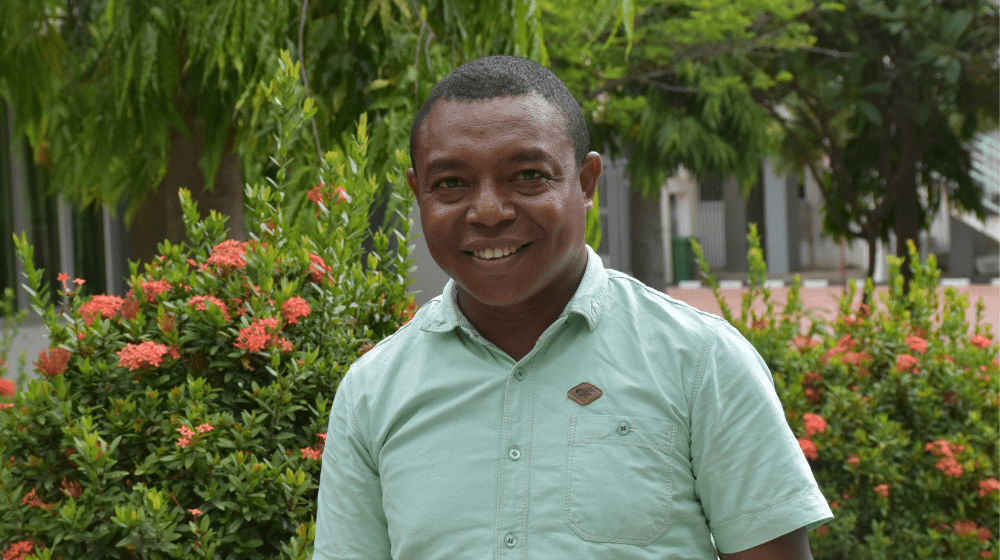On the south coast of Timor Leste, Dr Geraldo works as a doctor and Clinical Director at a Referral Hospital, one of Timor Leste’s advanced care facilities. He shared his experiences in providing urgent care to women having experienced violence during his time as an emergency room doctor.
“A woman had come to the hospital with her husband. She had an injury to her head and needed five stitches,” said Dr Geraldo. “I treated her head and asked her to wait for observation but her husband wanted to take her home.”
Dr Geraldo was hesitant to send the woman home, suspecting she was a survivor of abuse.
“After a couple of hours in the health centre, I had to ask the husband to wait outside and let the woman rest. When we could talk in private, she told me the story of how her husband had hit her.”
Dr Geraldo shared that it is not uncommon for survivors of domestic violence to come to health facilities with the perpetrator. Even in a larger health facility, such as the referral hospital, there are limited spaces to treat women - or, indeed, any patients - privately.
“It’s a challenge,” he said, “because we don’t have security or a private place to speak with the survivor.”
Privacy Essential for Quality Health Care
Dr Geraldo was one of several health professionals from across the country who joined a course on gender-based violence survivor-centred care in Dili, funded through Zonta International. The course provides health workers with guidelines and practical strategies for identifying and responding to patients who may be at risk of domestic violence.
“Health workers play a very important role in supporting women and girls who have experienced violence,” said Geraldo. “Many women who come to us don’t know that what they have experienced is a crime and don’t know the options available to them.”
“We have the knowledge so it is important that we have that space to speak with survivors and help them understand their options.”
As Clinical Director for one of just five regional referral hospitals, Geraldo manages a high workload. Despite the many competing resource needs of the hospital and health needs of the population the hospital serves, he is committed to ensuring that private spaces are made available for women and girls who workers identify are at risk.
“After completing this training, it is clear that we need to create a private place for the survivor and consider both the survivor and health provider’s safety,” said Geraldo. “We have to provide care with dignity to the survivor."
Taking the strategies learned at the training back to his colleagues, Geraldo intends to implement guidelines for coordinating care for survivors of domestic violence. Small changes in approach can make a significant difference for women and girls in Timor Leste.


